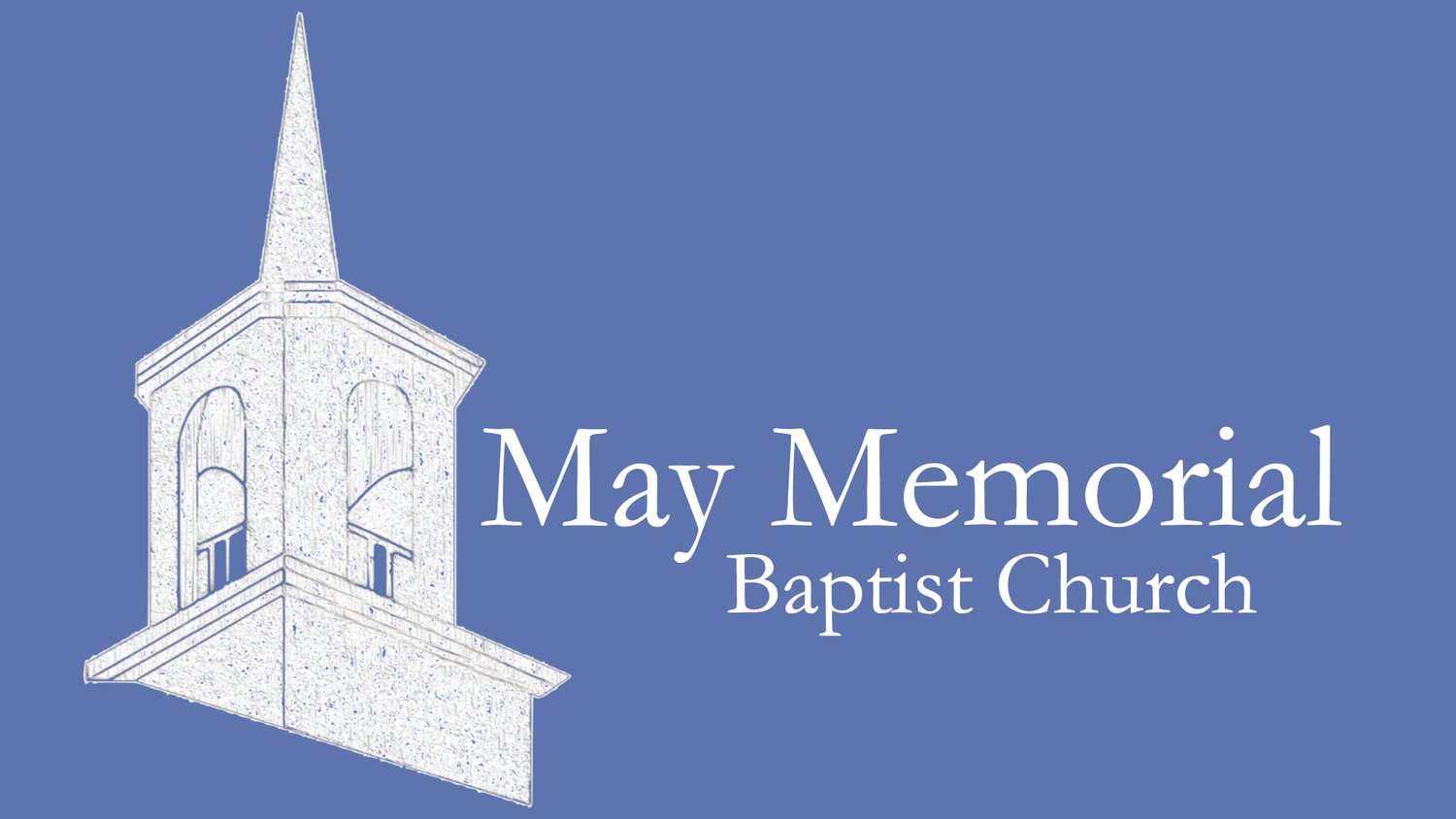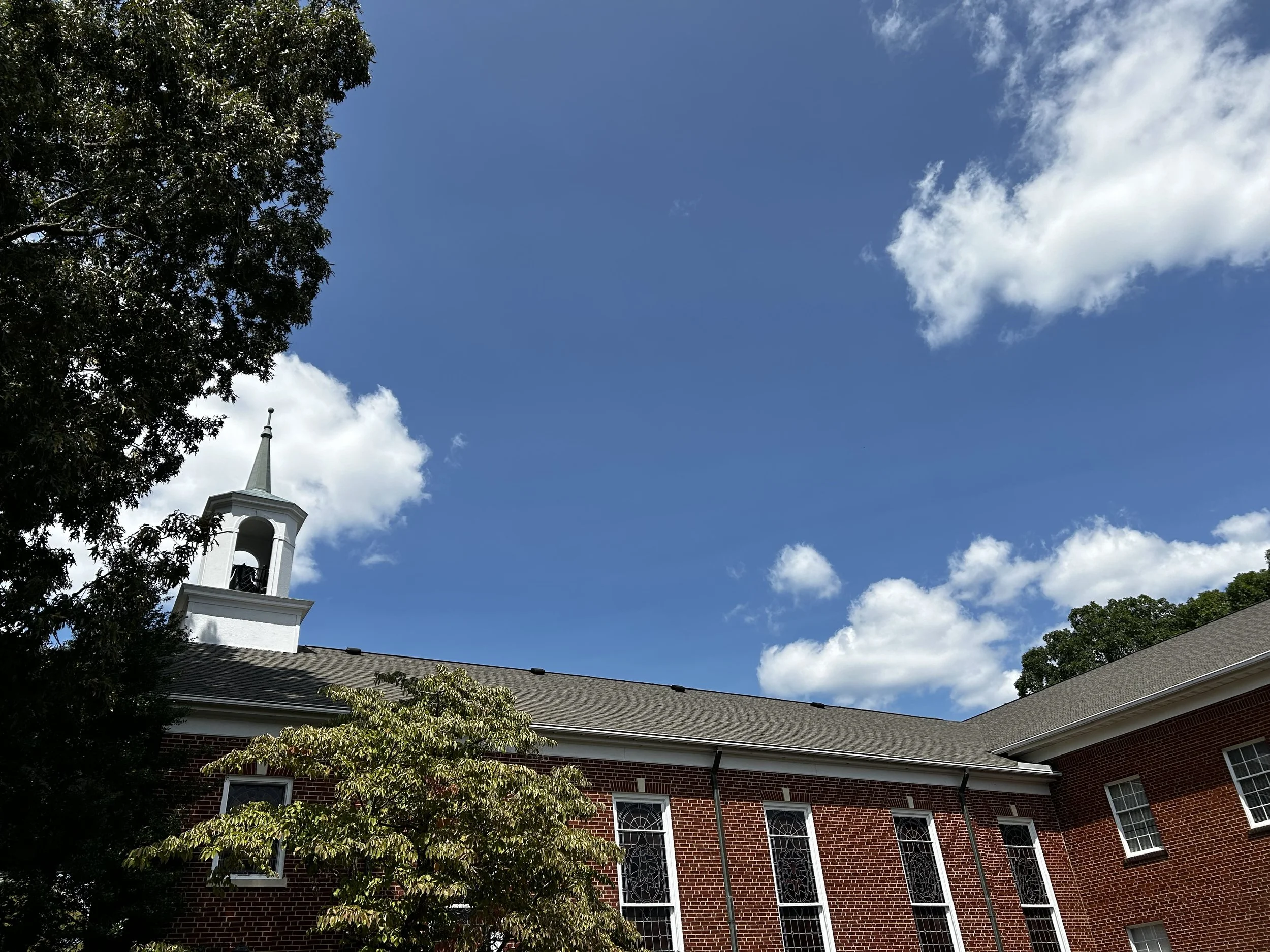First things first: I think when members of a congregation offer applause after a piece of music, whether vocal, choral, or instrumental, members of the congregation are demonstrating kindness and encouragement to that church’s musicians. Applause, in our culture, is a way to say “thank you,” to express gratitude, and it is done out of the goodness of kind, Christian, hearts. I do not judge individuals or congregations who regularly offer applause, as I have done it myself, many times. I am personally not bothered by it, and it is not a big deal that keeps me awake at night. But, having clear thinking as my goal, I want to offer a few things for consideration.
Preliminary number two, I want to be clear about how I use the terms. Applause is something that is done after the presentation of a piece of music to express gratitude or approval of what has just happened. It conveys “good job” or “thank you.” Clapping happens during a piece of music. It is a way for a worshiper to be involved with the piece of music that is being presented either by a choir, soloist, or a congregational song. Clapping can be an expression of worship.
Now, with the preliminaries out of the way, here’s what I want to say. Applause is not necessary, or even ideal, in worship. Here’s the main reason I say that: you (the congregation) are not the audience. It is an unfortunate mindset that causes us to see the people “on the stage” as the performers, and those sitting in the congregation as “the audience.” “Who then,” you may ask, “is the audience in worship?” That is a great question, and in Christian worship God is the audience. God is the one to whom we sing, speak, and pray. Everyone sitting in the sanctuary, from the back row of the balcony to the back row of the choir loft, are “performers,” and our one-member audience is God who has created, redeemed, and is transforming us into Christ’s image and reconciling all things to Himself. This is why I do not refer to the place where our pulpit sits as “the stage.” To me it is a “platform,” and my more sophisticated friends even call it a dais, but it is not a stage. The “stage,” if you will, is the entire sanctuary, and God is watching and hearing our praises as he is the audience. So, this means, that the choir is not singing for you. They’re singing for God. Voices of Unity, not singing for you. Sandra, not playing for you. All for God. You are not the audience, God is. Audiences offer applause. You are not the audience on Sunday mornings.
If you are not the audience it also means that it is okay if music is done in worship you don’t like. Why? Because it is not being sung (or played) for you. It is for our audience, God.
Here’s some other reasons why applause is not necessary, or even ideal.
Once applause starts in churches, how do we know when to stop? If we offer applause for the choir will next week’s soloist feel “less valued” if that same applause is not offered? And, by withholding applause from one musician’s piece after offering it to another, is that a way of tacitly saying “yours wasn’t as good as the other?” Put plainly, is “no applause” a kind of “booing” when it has so freely been offered to someone else? When a congregation that freely offers applause doesn’t, is that a way to say to a musician “go work a little harder this week, and next week you may get our applause?”
Also, why are we so selective in applauding? Can we applaud for the deacon when they pray an awesome offertory prayer? Can we applaud for the children who do an amazing job taking up the three cents a meal offering? Are we slighting them by not applauding when they make their contribution to worship? Why don’t we applaud for the high schooler who shows up EVERY week to run the sound system? And what about the dozens of small, selfless acts that are done each week at May Memorial without any applause? The guy who sweeps the steps each Sunday morning? The Sunday School teacher who spends time each week studying for the lesson she is to teach? The ushers who give a “first time visitor bag” to a newcomer? Everyone is playing an important part, and “one member of the body is as important as the other (using Paul’s image),” so why only applaud for a few?
A better way…and I know this makes some uncomfortable…is to give a good, hearty, Amen! Amen carries the idea of “so be it, this is firm, this is reliable, this is good, this is reliable.” And another option, is to do nothing at all. This happens sometimes, and often when a piece of music has been most moving, there is a stillness, a silence, that falls across the room. This happened weeks ago when a young man was our guest soloist in worship, and the piece of music and his singing of it was such that no one wanted to interrupt the moment, and we allowed it to speak to us even as it passed. These are holy moments, when we overhear a person (or group of people) singing to God in such a way that it leaves us still. It is as our organist played Sunday for his prelude, “when in our music God is glorified…”. (click here to hear this wonderful hymn sung)
When in our music God is glorified,
and adoration leaves no room for pride,
it is as though the whole creation cried:
Alleluia!
How oft, in making music, we have found
a new dimension in the world of sound,
as worship moved us to a more profound
Alleluia!
So has the church, in liturgy and song,
in faith and love, through centuries of wrong,
borne witness to the truth in ev'ry tongue:
Alleluia!
And did not Jesus sing a psalm that night
when utmost evil strove against the light?
Then let us sing, for whom he won the fight:
Alleluia!
Let ev'ry instrument be tuned for praise;
let all rejoice who have a voice to raise;
and may God give us faith to sing always:
Alleluia!
(Fred Pratt Green)

